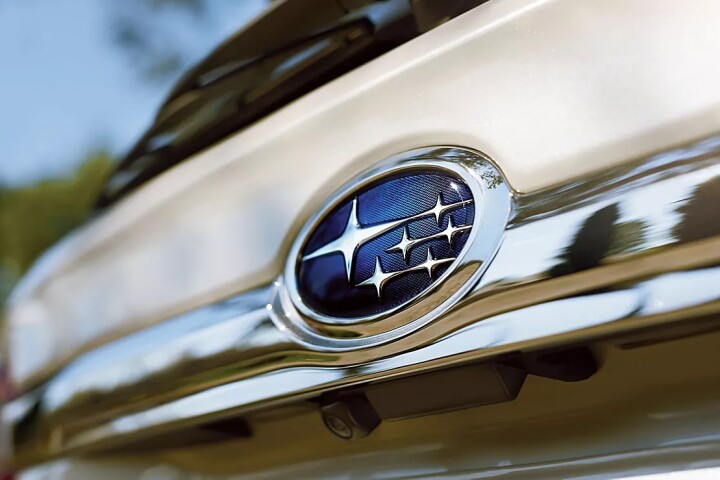The 2019 Nobel Prize in Chemistry has been awarded to three scientists for the development of the lithium-ion battery. Their invention has become ubiquitous in the decades since – there’s probably one in whatever device you’re reading this on – as they helped us move away from a disposable world and towards one powered by renewable energy.
The Prize was awarded to three scientists instrumental in the development of the lithium-ion battery in wide use today: Stanley Whittingham of Binghamton University, John Goodenough of the University of Texas at Austin, and Akira Yoshino of Osaka University.
Whittingham laid the foundation for the lithium-ion battery in the 1970s while trying to develop new energy storage systems that didn’t require fossil fuels. His first design had a cathode made of titanium disulphide and an anode partly made of metallic lithium. While it showed promise in terms of capacity and output, the metallic lithium was too reactive, leaving batteries prone to exploding.
Goodenough built on this base to make a more powerful lithium-ion battery. In 1980 he replaced the titanium disulphide cathode with cobalt oxide, effectively doubling the output of the previous design.
Using these foundations, Yoshino went on to create the first lithium-ion battery that was stable and effective enough to be commercially viable. Instead of volatile metallic lithium in the anode, he used petroleum coke, which can house lithium ions while still being stable.
The first commercial lithium-ion battery entered the market in 1991, and the rest is history. Today they power everything from smartphones to laptops to electric vehicles, and also enable large-scale storage of electricity generated by renewable sources like solar and wind.
The other Nobel Prize announcements have been happening this week. We’ve already seen Prizes in Medicine and Physics handed out over the last few days, and the Prizes for Literature, Economic Sciences and the Peace Prize will be announced through the week.
Sources: Nobel Prize, Oxford, Binghamton University




